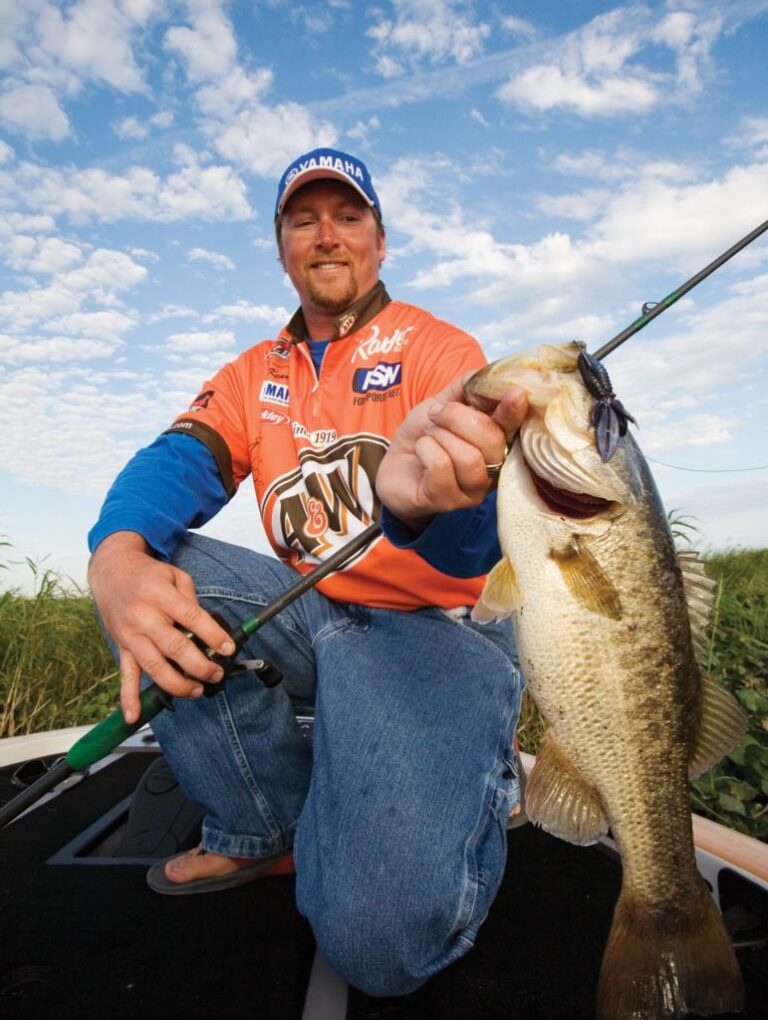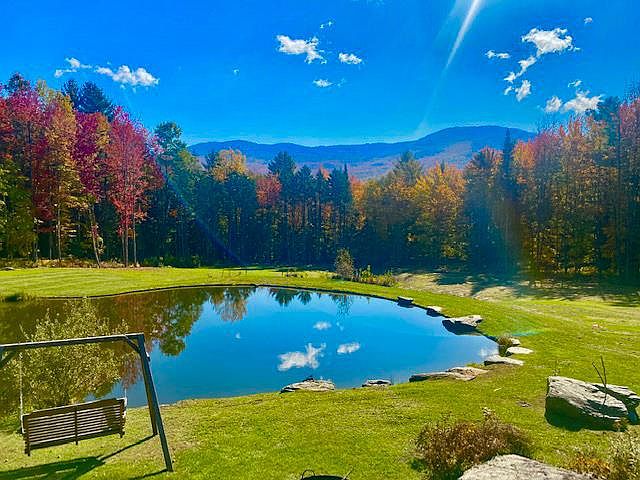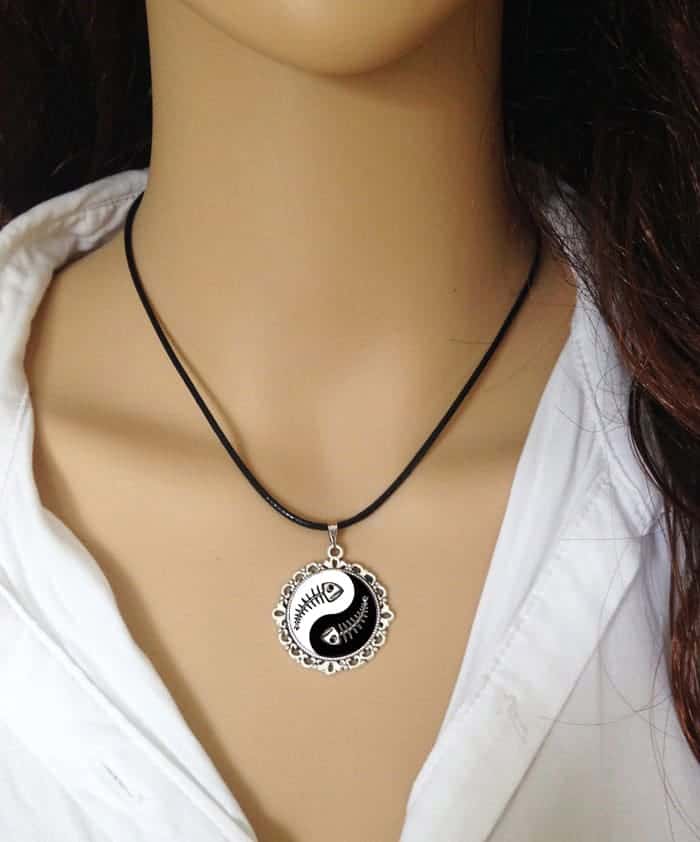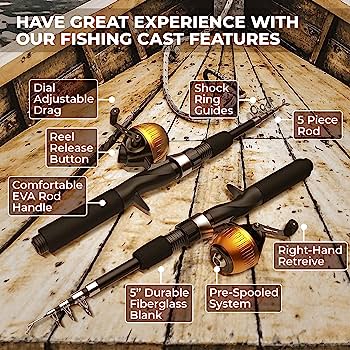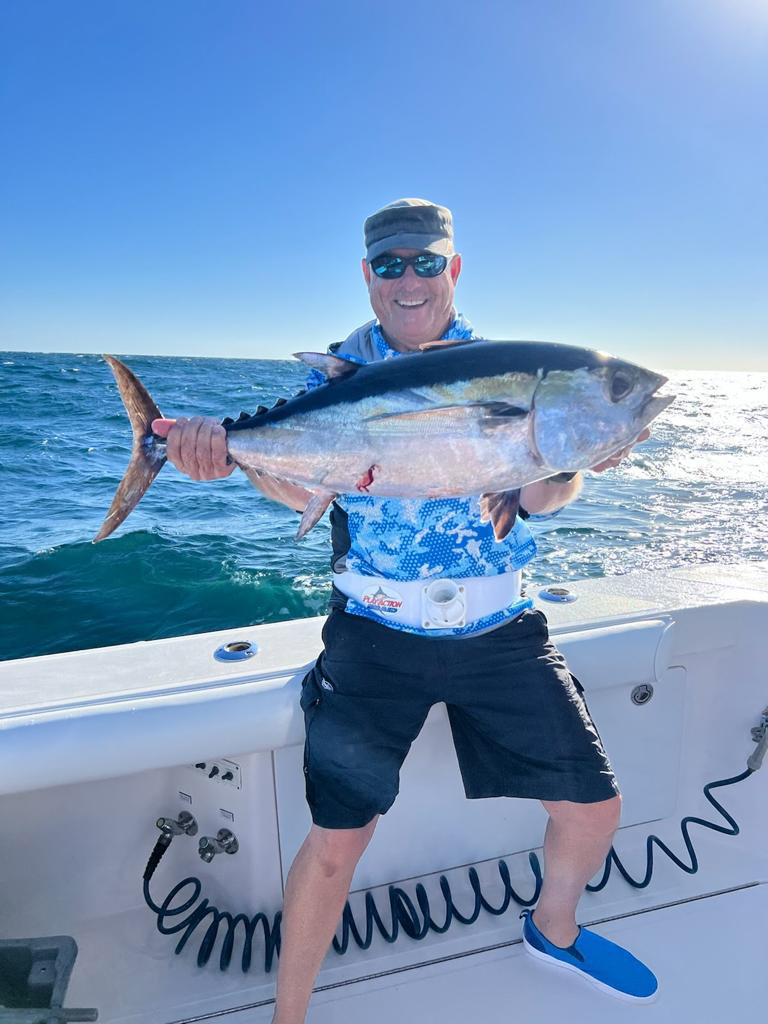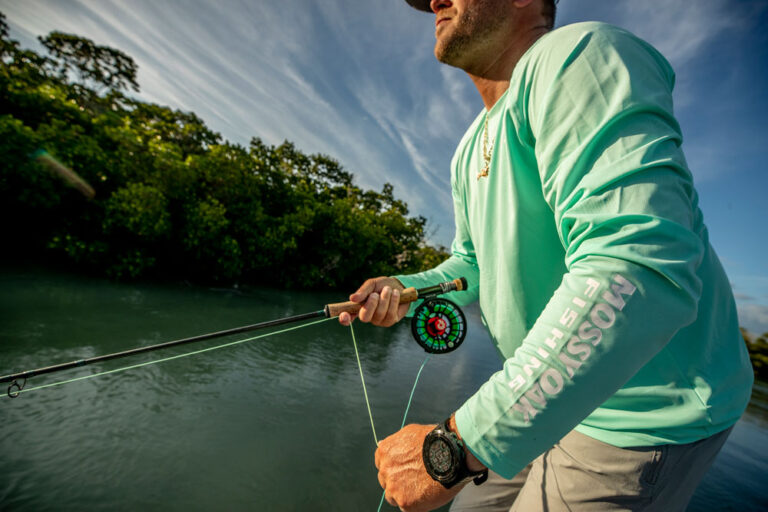Fishing boats typically stay out for a duration of several hours to several days, depending on the type of fishing and the fishing grounds. Fishing boats spend varying lengths of time at sea depending on the type of fishing they engage in and the location of their fishing grounds.
For short trips, such as inshore fishing, boats may only stay out for a few hours or a single day. In contrast, offshore or deep-sea fishing boats may spend several days or even weeks at sea, as they venture further out in search of larger and more diverse fish species.
Factors such as weather conditions, distance to fishing grounds, and the need to restock supplies also play a role in determining the duration of fishing trips. Overall, the length of time fishing boats stay out can range from a few hours to several days, depending on these various factors.
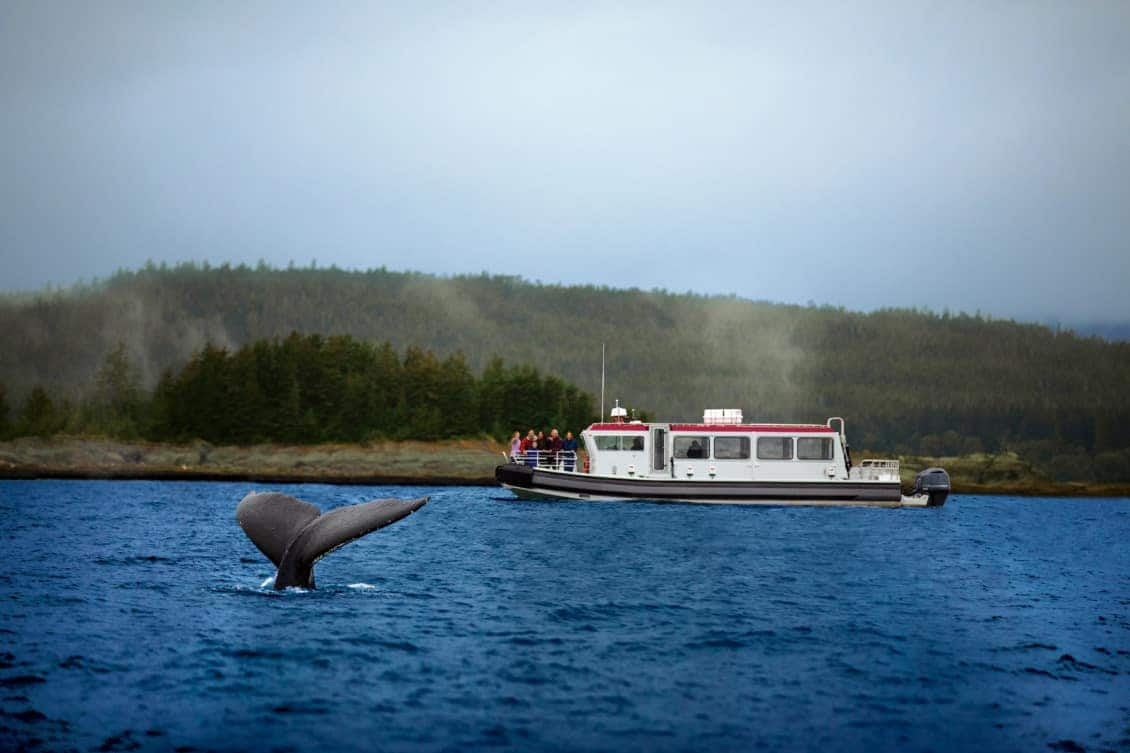
Credit: www.hollandamerica.com
Factors Influencing Fishing Boat Exploration Duration
Fishing boats play a crucial role in the commercial fishing industry, allowing fishermen to venture out to sea and bring back fresh catches. But have you ever wondered how long these boats stay out on the open water? In this section, we will explore the various factors that influence the duration of fishing boat exploration.
Weather Conditions And Sea State
- The weather conditions and sea state directly affect how long fishing boats can stay out at sea.
- Harsh weather conditions such as storms or high winds can make it unsafe for fishing boats to continue their operations.
- If the sea state becomes too rough, it can also impact the stability of the boat, putting the crew at risk.
Distance To Fishing Grounds
- The distance to the fishing grounds is another crucial factor determining the length of time fishing boats remain at sea.
- If the fishing grounds are within close proximity to the port, boats can make shorter trips and return more frequently.
- However, if the fishing grounds are located far away, it may require longer periods at sea before the fishermen can return with their catch.
Type Of Fish Being Targeted
- The type of fish being targeted also influences the duration of fishing boat exploration.
- Some species of fish are more abundant in certain seasons or locations, requiring the boats to stay out for extended periods until they can catch a sufficient quantity.
- On the other hand, certain migratory fish species may only be accessible during specific times of the year, leading to shorter exploration durations.
Fishing Technique Employed
- The fishing technique employed by the fishermen can impact the duration of their trips.
- Different fishing methods, such as trawling, longlining, or netting, have varying levels of efficiency and yield.
- Some techniques may require longer periods to set up, monitor, and retrieve the fishing gear, resulting in extended exploration durations.
The duration that fishing boats stay out at sea is influenced by several factors, including weather conditions, the distance to fishing grounds, the type of fish being targeted, and the fishing technique employed. Understanding these factors helps us appreciate the challenges that fishermen face and the complexities involved in the commercial fishing industry.
Optimal Fishing Boat Stay Durations For Different Fish Species
Fishing boats can stay out at sea for varying durations, depending on the type of fish being targeted. Short-duration fishing typically involves targeting small, fast-swimming fish, while medium-duration fishing focuses on medium-sized fish. For those looking to reel in large, deep-sea fish, long-duration fishing is the way to go.
Let’s explore each fishing technique in more detail:
Short-Duration Fishing: Targeting Small, Fast-Swimming Fish
- Fish species: Tuna, mackerel, sardines, and other small pelagic fish.
- Optimal boat stay duration: Usually ranges from a few hours to a day.
- Efficient techniques:
- Trolling: Fishing lines are dragged behind the boat, enticing fish to bite.
- Jigging: Vertical line or rod is moved up and down to attract fish.
- Advantages of short-duration fishing:
- Target species are abundant and often found closer to shore.
- Boat turnaround time is quicker, allowing for multiple trips in one day.
- Ideal for recreational anglers seeking a quick and exciting catch.
Medium-Duration Fishing: Targeting Medium-Sized Fish
- Fish species: Snapper, grouper, cod, and other moderate-sized fish.
- Optimal boat stay duration: Typically between one to three days.
- Effective techniques:
- Bottom fishing: Targeting fish near the ocean floor using baited hooks.
- Drifting: Allowing the boat to float along with the current, covering a larger area.
- Advantages of medium-duration fishing:
- Medium-sized fish provide a good balance between quantity and size.
- Greater variety of species can be targeted.
- Longer stay durations allow for fishing in different areas and conditions.
Long-Duration Fishing: Targeting Large, Deep-Sea Fish
- Fish species: Marlin, swordfish, tuna (larger species), and other deep-sea giants.
- Optimal boat stay duration: Usually extends beyond three days, up to weeks.
- Successful techniques:
- Trawling: Dragging a fishing net through the water to capture large fish.
- Chumming: Attracting fish with a constant supply of bait.
- Advantages of long-duration fishing:
- Deep-sea fish are known for their impressive size and strength.
- The opportunity to encounter rare and prized catches.
- Adventurous anglers enjoy the challenge of extended trips into deep waters.
Each fishing technique has its unique advantages and is tailored to different fish species. Whether you prefer the quick action of short-duration fishing for small pelagic fish or the thrilling pursuit of deep-sea monsters during long-duration fishing, selecting the optimal boat stay duration ensures a successful and fulfilling fishing experience.
Tips For Maximizing Fishing Boat Exploration Duration
Fishing boats are the lifeline for anglers who seek to venture out into the deep waters in search of their prized catch. The duration of a fishing boat expedition plays a crucial role in determining the success of the fishing trip.
By implementing certain strategies and practices, you can optimize your exploration time and increase your chances of reeling in a plentiful bounty. Here are some valuable tips to help you make the most of your fishing boat adventure:
Efficient Fuel Management
- Calculate fuel consumption: Determine the average fuel consumption of your fishing boat by monitoring previous trips. This will help you estimate the amount of fuel required for different itineraries.
- Plan fuel stops: Identify strategic locations along your route where you can refuel. Research nearby marinas or gas stations and schedule pit stops accordingly to avoid wasting time and fuel.
- Optimize cruising speed: Find the ideal balance between speed and fuel efficiency. Maintaining an optimal speed will help maximize your cruising time and reduce unnecessary fuel consumption.
Strategic Navigation Planning
- Research fishing hotspots: Prior to your trip, gather information on the best fishing locations, using online resources, local fishing reports, and advice from experienced anglers. Mark these spots on your navigation equipment for quick and easy reference.
- Plan for weather conditions: Stay updated on weather forecasts and plan your route accordingly. Avoid areas with unfavorable weather conditions that could impact your fishing experience and put your safety at risk.
- Consider tidal patterns: Tides can greatly influence the behavior and movement of fish. Take into account the tidal patterns and plan your fishing schedule accordingly, aiming to be in productive areas during peak feeding times.
Adequate Food And Water Supplies
- Pack sufficient provisions: Stock your fishing boat with ample food and water supplies to sustain you throughout the entire duration of your trip. Include a variety of non-perishable snacks and meals to cater to different dietary preferences.
- Stay hydrated: Dehydration can severely impact your stamina and concentration while fishing. Make sure to drink plenty of water and avoid excessive consumption of alcoholic or sugary beverages that can lead to dehydration.
Regular Maintenance Of Equipment And Gear
- Conduct pre-trip inspections: Before setting sail, thoroughly inspect your fishing equipment, including rods, reels, lines, and hooks. Repair or replace any damaged or worn-out gear to ensure optimal performance on the water.
- Carry essential spare parts: Pack a toolkit containing essential spare parts like extra hooks, sinkers, and fishing line. In case of unexpected equipment failure, these spare parts can come to your rescue, allowing you to continue fishing without significant delays.
By implementing these tips for efficient fuel management, strategic navigation planning, stocking up on provisions, and maintaining your equipment, you can maximize the duration of your fishing boat exploration. This will provide you with more time on the water, ultimately increasing your chances of landing that dream catch.
So, prepare yourself, follow these guidelines, and embark on an unforgettable fishing adventure!
Conclusion
Overall, the duration that fishing boats stay out at sea can vary depending on various factors. Factors such as the type of fishing being done, the location of the fishing grounds, and the weather conditions all play a role in determining the length of time a fishing boat stays out.
Commercial fishing boats can often stay out for several days or even weeks at a time, especially for deep-sea fishing expeditions. On the other hand, recreational fishing boats usually stay out for shorter durations, usually ranging from a few hours to a couple of days.
It is essential for fishing boat operators to carefully plan their trips, considering factors like fuel, supplies, and crew rest to ensure a successful and safe fishing trip. So, whether it’s a commercial or recreational fishing boat, the time spent out on the water is determined by the specific circumstances surrounding each fishing expedition.

